IS025 - Decoupling strategies for coupled flow problems and multiphysics
Keywords: computational fluid dynamics, fluid-structure interaction, IMEX, Multiphysics, partitioned, partitioned FSI, splitting methods
Fluid flows, whether in a multi-physical context or not, are always coupled problems. In incompressible flows, for example, the velocity-pressure coupling is the main source of numerical and computational challenges. Furthermore, most fluid scenarios in Engineering and Science involve other types of Physics, such as structural mechanics or heat transfer. In this context, a major research topic in numerics and scientific computing is how to efficiently decouple the solution of these different quantities without sacrificing numerical stability or accuracy. Decoupling/splitting methods include, for instance, linearisation techniques leveraging nonlinearities to, within each iterative loop, decouple certain quantities. Other popular examples are semi-implicit schemes that treat coupling terms explicitly, which includes fractional-step/projection methods, fast explicit methods, and IMEX schemes. This mini-symposium aims to bring together researchers from Computational Fluid Dynamics, Fluid-Structure Interaction and Multi-physics, who work on developing decoupling or partitioned strategies to improve efficiency and/or to simplify implementation for such complex problems. Contributions are sought, for instance, involving multi-phase flows, non-Newtonian fluids, phase change, FSI, and thermally coupled problems, ranging from computational aspects to numerical analysis.

